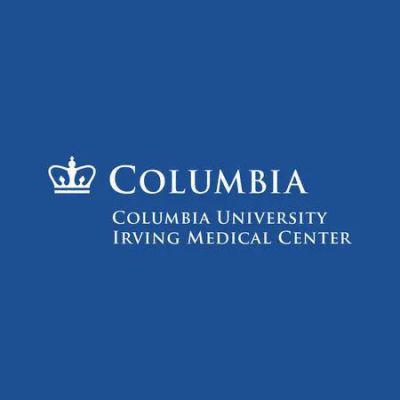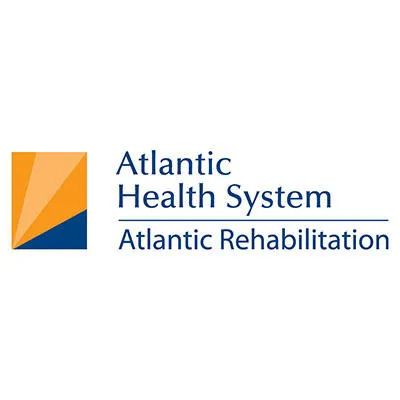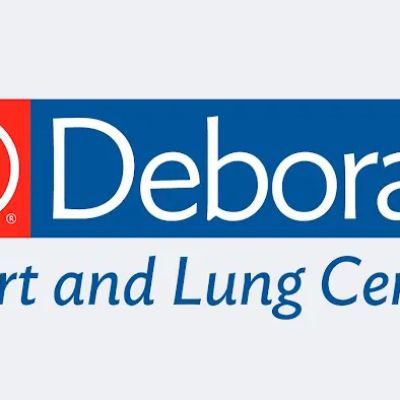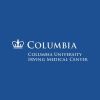- Understanding-Vascular-Stiffness
- The-Link-Between-Vascular-Stiffness-and-Heart-Disease
- Causes-and-Risk-Factors-for-Vascular-Stiffness
- Managing-Vascular-Stiffness-to-Improve-Heart-Health
- Personal-Stories-and-Professional-Advice
- Resources-and-Support-from-HeartCare-Hub
Understanding Vascular Stiffness
Vascular stiffness refers to the reduced elasticity of the arteries, which are the blood vessels responsible for carrying oxygen-rich blood from the heart to the rest of the body. Healthy arteries are flexible, allowing them to expand and contract with each heartbeat to help maintain smooth blood flow. However, as arteries stiffen with age or due to disease, this flexibility diminishes, leading to increased pressure on the heart and impaired circulation.
The process of vascular stiffness is closely related to vascular aging, where structural changes occur in the arterial walls—such as collagen buildup and reduced elastin—that reduce their ability to stretch. This condition can go unnoticed for years but plays a critical role in the development and progression of cardiovascular diseases.

The physiology behind arterial stiffness
Arterial walls contain elastic fibers that provide resilience and allow the vessels to absorb the force of blood pumped by the heart. When these fibers are damaged or replaced by rigid tissue, arteries lose their compliance. This increases systolic blood pressure and pulse wave velocity, markers commonly used to assess vascular health in clinical settings.
Capital Health Medical Center – Hopewell
capital health medical center hopewell
1 Capital Way, Pennington, NJ 08534, USA

Why elasticity matters
The elasticity of arteries not only supports efficient blood circulation but also helps to buffer the heart from excessive workload. When arteries become stiff, the heart must pump harder to overcome increased resistance, which over time can lead to heart enlargement, reduced function, and ultimately heart disease.
The Link Between Vascular Stiffness and Heart Disease
Vascular stiffness is more than just a sign of aging; it is a significant independent risk factor for heart disease. Increased arterial stiffness can contribute to hypertension (high blood pressure), a major cause of heart attacks and strokes. Additionally, stiff arteries are less able to accommodate changes in blood flow during physical activity or stress, putting the heart under constant strain.
How stiffness accelerates heart disease progression
When arteries are rigid, the resulting high blood pressure damages the delicate lining of blood vessels, promoting inflammation and plaque formation—hallmarks of atherosclerosis. This process narrows arteries, further limiting blood flow and increasing the risk of coronary artery disease and other heart conditions.
Clinical evidence linking stiffness to cardiovascular events
Numerous studies have established that patients with higher arterial stiffness measurements face a greater risk of adverse cardiovascular events, including heart attacks and heart failure. Recognizing this connection allows doctors to better predict patient outcomes and tailor treatment strategies accordingly.
Causes and Risk Factors for Vascular Stiffness
Understanding what drives vascular stiffness is key to prevention and management. While aging is the most natural cause, other modifiable factors accelerate the process significantly.
High blood pressure and lifestyle habits
Persistent hypertension increases mechanical stress on arterial walls, hastening stiffness. Poor diet, lack of exercise, smoking, and chronic stress are lifestyle factors that exacerbate vascular damage.
Underlying health conditions
Diabetes and chronic kidney disease also contribute to stiffening by promoting inflammation and glycation of proteins in the vessel walls. Genetic predispositions can play a role but are less common.
Environmental and social influences
Access to healthy food, safe places for exercise, and healthcare resources all impact vascular health, highlighting the need for community-based approaches to cardiovascular prevention.
Managing Vascular Stiffness to Improve Heart Health
Fortunately, vascular stiffness is a modifiable risk factor. Through lifestyle changes, medical treatments, and regular monitoring, it is possible to slow or even reverse arterial stiffening.
Effective lifestyle interventions
Adopting a heart-healthy diet rich in fruits, vegetables, whole grains, and omega-3 fatty acids supports vascular elasticity. Regular physical activity improves endothelial function and reduces blood pressure. Quitting smoking and managing stress are also crucial components.
Medical therapies and innovations
Medications such as ACE inhibitors, angiotensin receptor blockers, and certain calcium channel blockers not only lower blood pressure but may also improve arterial compliance. Research into novel treatments targeting the molecular mechanisms of vascular stiffness is ongoing.
The importance of regular check-ups
Monitoring vascular stiffness through non-invasive tests helps track cardiovascular risk and treatment efficacy. Early detection allows timely interventions that can significantly improve long-term outcomes.
Personal Stories and Professional Advice
Consider John, a 65-year-old retired teacher, who discovered through a vascular health screening that his arteries were significantly stiffened despite feeling healthy. With guidance from his cardiologist and support from HeartCare Hub, he adopted lifestyle changes and medication that improved his arterial flexibility and blood pressure control.
Such real-world examples illustrate the importance of proactive vascular health management. Healthcare professionals emphasize personalized approaches, recognizing that no single intervention fits all. HeartCare Hub offers tailored recommendations for products and services that complement medical treatment, enhancing overall heart and vascular wellness.
Resources and Support from HeartCare Hub
For those interested in learning more about heart disease and vascular stiffness, HeartCare Hub provides a wealth of information and tools. From detailed guides and expert articles to recommended supplements and monitoring devices, the platform serves as a comprehensive resource. Engaging with HeartCare Hub can empower individuals to take charge of their cardiovascular health with confidence and support.
Ultimately, recognizing the link between vascular stiffness and heart disease is crucial for prevention and treatment. Through education, lifestyle management, and medical care, individuals can improve vascular function and reduce their risk of serious cardiovascular events.






















Deborah Heart and Lung Center
deborah heart and lung center
200 Trenton Rd, Browns Mills, NJ 08015, USA